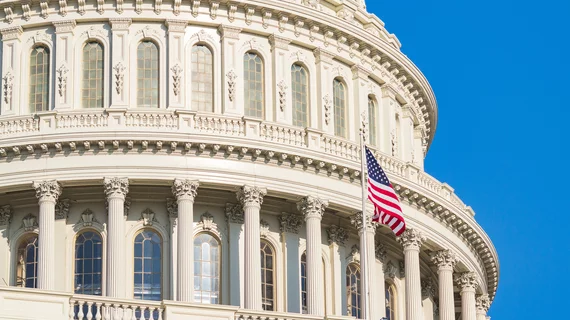Members of Congress urge CMS to delay proposed myocardial PET cuts
Forty-three members of Congress have signed a letter addressed to CMS Administrator Seema Verma, asking the administration to delay the proposed cuts to myocardial PET scans.
In the letter, members of Congress suggested, that under the proposed rule for the CY 2020 Physician Fee Schedule, Medicare fee-for-service reimbursement for PET multiple perfusion services would be reduced by about 72% next year. This, they argue, could dramatically impact physicians and patients.
“We are concerned these reductions will drive cardiac PET services out of physician offices, where the majority of cardiac PET is provided, and into hospitals which could limit patient access to this important imaging modality, particularly in rural and underserved areas, and increase beneficiary and health care system costs,” according to the letter.
Multiple nuclear medicine and cardiology groups—including SNMMI—published a joint statement in September expressing a similar sentiment. In it, the groups said the CMS decision to assume a 90% utilization rate for PET cameras needed to be “reconsidered.”
Medicare reimbursement that doesn’t account for equipment costs, according to the letter, would also “severely” hinder research for new PET applications, including for patients with cardiac amyloidosis.
“Physician practices depend on payment predictability and stability; immediate reductions of this scale could be disruptive,” the letter read. “We urge you to delay these cuts and work with stakeholders to improve the accuracy of equipment inputs when calculating PET reimbursement, thereby mitigating cuts of the proposed magnitude.”

